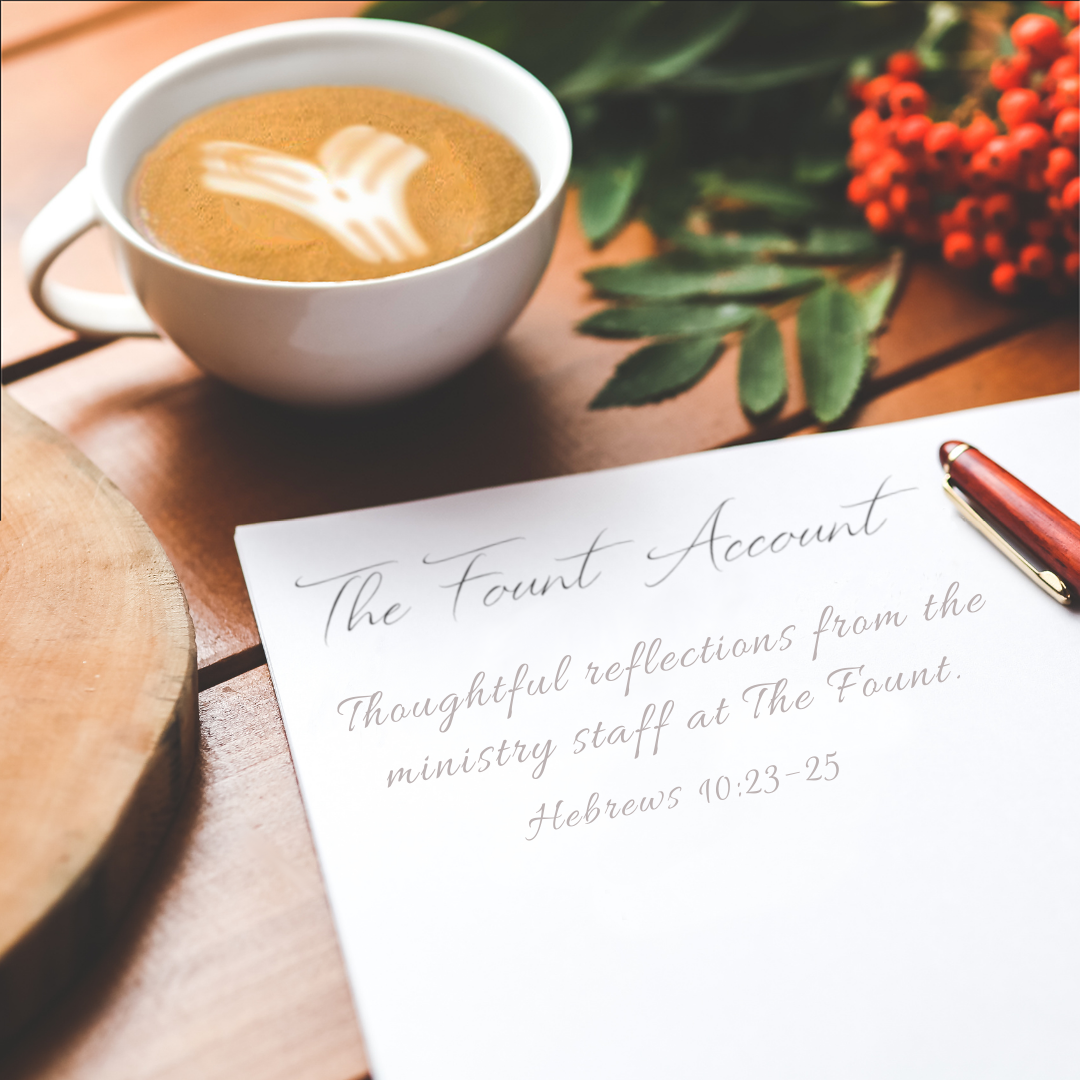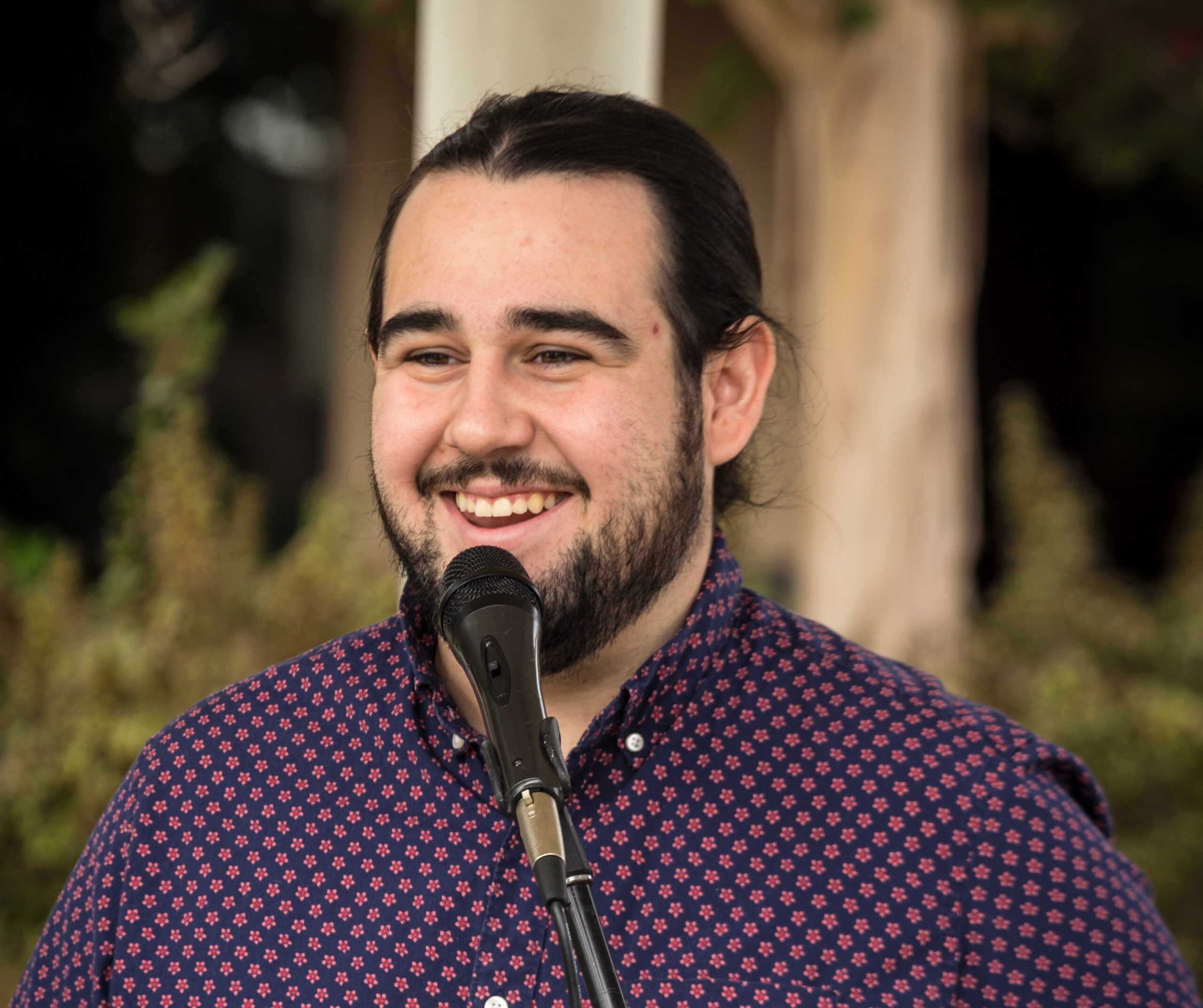
The music world of choir music is increasingly becoming non-religious as not only composers seek to create non-sacred music but ensembles seek to perform strictly music from the secular realm of the field. Repertoire selection is a guiding force in the life of a choir director, and very often the music chosen will be a representation of that director or that director’s goals in story telling. This is evident in both public and private settings. For instance, I often attempt to program music that will give a glimpse of–if not a relevant story telling–to a sermon that is being preached on Sunday. This can also be taken to the opposite side with a piece titled “A Message From the Gay Community” with lyrics expressed as “We’re coming for your children, the gay agenda is coming home, the gay agenda is here!”
During a recent trip to Pasadena for a choral directors’ conference, I felt inclined to spend a couple hours in sessions and lectures discussing composing and music arranging. These sessions felt like much more of the latter side as earlier discussed of literature being written for the choral world. As I sat in these sessions, I kept hearing comments from composers and music professionals alike saying things similar to “We need to write music to tell the stories of the oppressed, unheard, and unrepresented in our society.” This indirect quote really began to give me pause as I considered by my walk of life, who that pertains to in our sphere of influence. Currently, the underrepresented people in the choral work library, are Christians.
 I kept pondering this thought for days as the Holy Spirit continued to reveal to me what I believe to be a calling to compose music for not just the church but for organizations such as schools, colleges, universities, and professional ensembles. A most recent name that could be similarly compared in this light is Elaine Hagenberg. Elaine is a composer who writes mostly music that is set to sacred text, for instance, two years ago during Christmas The Fount choir presented her arrangement of the Wexford Carol. Possibly her most famous piece is entitled “O Love.” While as public school students and some directors may not immediately recognize the name as significant, someone raised or active in the church would note that it is extremely similarly titled with “oh love that will not let me go.” And that is because that’s what the piece is. Possibly her most famous setting of music is a recreation of the George Matheson text O Love that wilt not let me Go, and it is performed plenty of times in public school settings as it is a beautiful piece.
I kept pondering this thought for days as the Holy Spirit continued to reveal to me what I believe to be a calling to compose music for not just the church but for organizations such as schools, colleges, universities, and professional ensembles. A most recent name that could be similarly compared in this light is Elaine Hagenberg. Elaine is a composer who writes mostly music that is set to sacred text, for instance, two years ago during Christmas The Fount choir presented her arrangement of the Wexford Carol. Possibly her most famous piece is entitled “O Love.” While as public school students and some directors may not immediately recognize the name as significant, someone raised or active in the church would note that it is extremely similarly titled with “oh love that will not let me go.” And that is because that’s what the piece is. Possibly her most famous setting of music is a recreation of the George Matheson text O Love that wilt not let me Go, and it is performed plenty of times in public school settings as it is a beautiful piece.
This is where I believe the Lord is calling me to engage in my field next, as a composer of beautiful works of music that share the love of Christ whether you inherently know it or not. While there are many texts that are set to music that are more obvious in religious nature, some masterful creations of music are not perfectly detected by the untrained mind. A competing question may ask, “Why not write music directly for the church and make all of the music exclusively and obviously themed around Christ?”
While this is a good question I would pose it with a second question in return. Are the halls of the church the mission field? For some composers, Isaac Watts being possibly the most undoubting, this question is answered with a resounding Yes! But for others, who are not hymn composers, for those who have the opportunity to send music across generational gaps, for those who are able to be the light hidden not by a basket but brightly shining for all to see, the mission field is out in the world that so strongly seeks to distance itself from the message of Christ.
I was never the most proficient composer in my college days, nor have I taken up the task to try much since then, but a lesson I have learned through my years walking with the Lord is that when he speaks it is always worth listening to, but the choice to act upon what He instructs me to do was decided long ago when I sang boldly out loud, “I have decided, to follow Jesus.”
In Christ,


